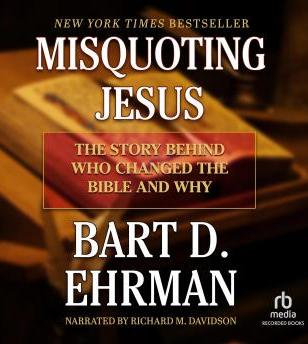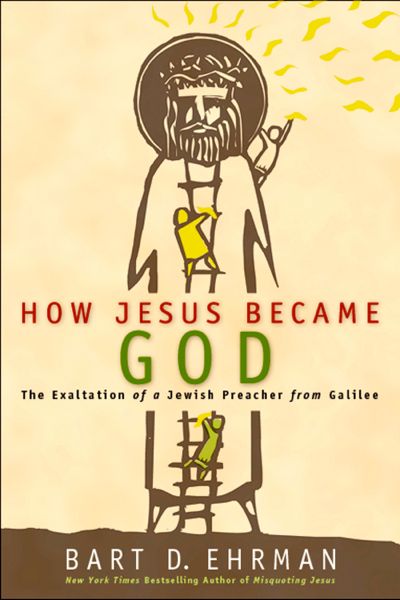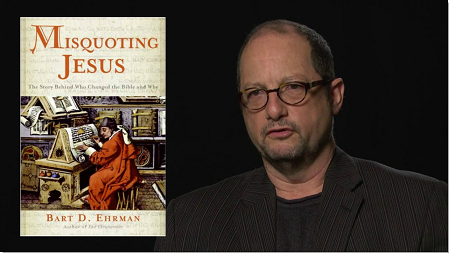|
home | what's new | other sites | contact | about |
|||||
|
Word Gems exploring self-realization, sacred personhood, and full humanity
Prof. Bart D. Ehrman
return to the main-page article on "Bible"
The last twelve verses of Mark’s gospel were added centuries after the fact. This section is not in the earliest and best manuscripts. The original text, apparently, has the women followers of Jesus finding the tomb empty but for a strange man. He tells them to speak to others about what happened, but the text declares that the women were afraid and did not want to inform others. Later scribes, reading this, it would seem, judged this to be wrong: “How can you not tell others about the tomb?” they reasoned. And so they added twelve more verses to Mark in which, now, the women do speak, and Jesus meets his people, ordaining them to preach to the nations; further, they are encouraged with the information that drinking poison will not harm them nor will snake bites prove deadly. But none of this ever happened.
|
|||||
|
|


